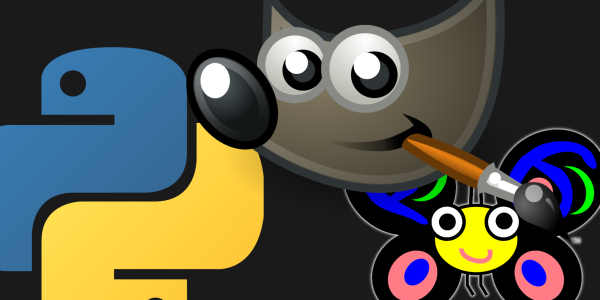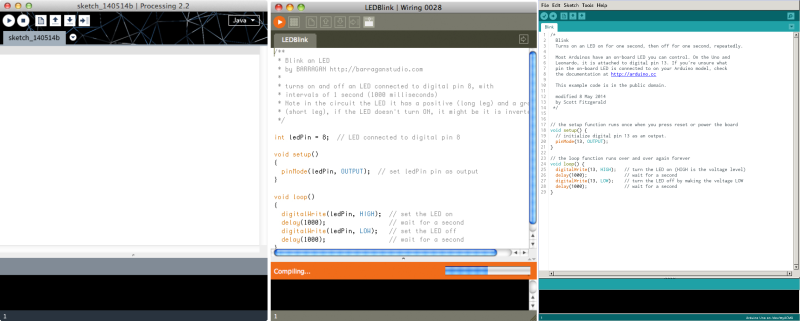As with many things in life, motivation is everything. This also applies to the development of software, which is a field that has become immensely important over the past decades. Within a commercial context, the motivation to write software is primarily financial, in that a company’s products are developed by individuals who are being financially compensated for their time. This is often different with Free and Open Source Software (FOSS) projects, where the motivation to develop the software is in many cases derived more out of passion and sometimes a wildly successful hobby rather than any financial incentives.
Yet what if financial incentives are added by those who have a vested interest in seeing certain features added or changed in a FOSS project? While with a commercial project it’s clear (or should be) that the paying customers are the ones whose needs are to be met, with a volunteer-based FOSS project the addition of financial incentives make for a much more fuzzy system. This is where FOSS projects like the Zig programming language have put down their foot, calling FOSS bounties ‘damaging’.

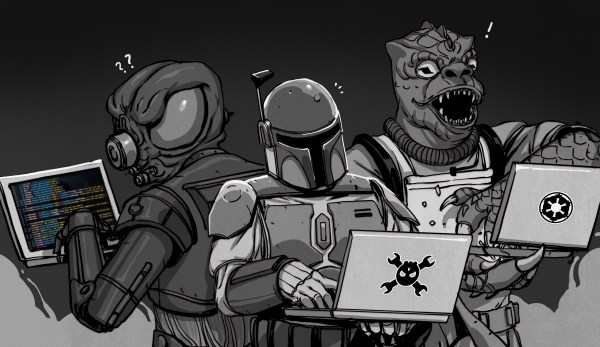
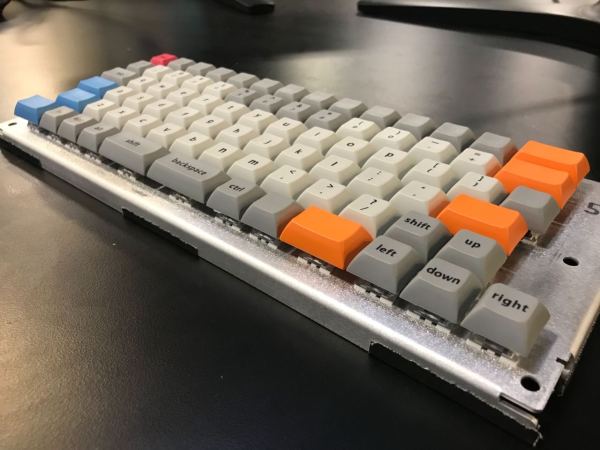
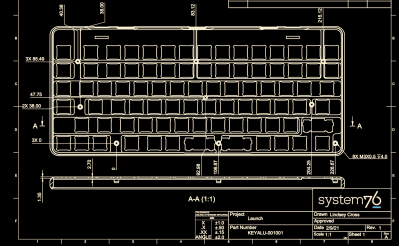
 Feature wise all the usual hallmarks of a well designed keyboard are here. The Launch uses hostswap sockets to make it easy to install the usual Cherry MX compatible switch options, and includes per-key RGB backlighting courtesy of SK6805 LEDs. The ATmega32U4 runs the popular and extremely capable QMK firmware instead of something bespoke, so it should be easy to customize to the user’s desire.
Feature wise all the usual hallmarks of a well designed keyboard are here. The Launch uses hostswap sockets to make it easy to install the usual Cherry MX compatible switch options, and includes per-key RGB backlighting courtesy of SK6805 LEDs. The ATmega32U4 runs the popular and extremely capable QMK firmware instead of something bespoke, so it should be easy to customize to the user’s desire.